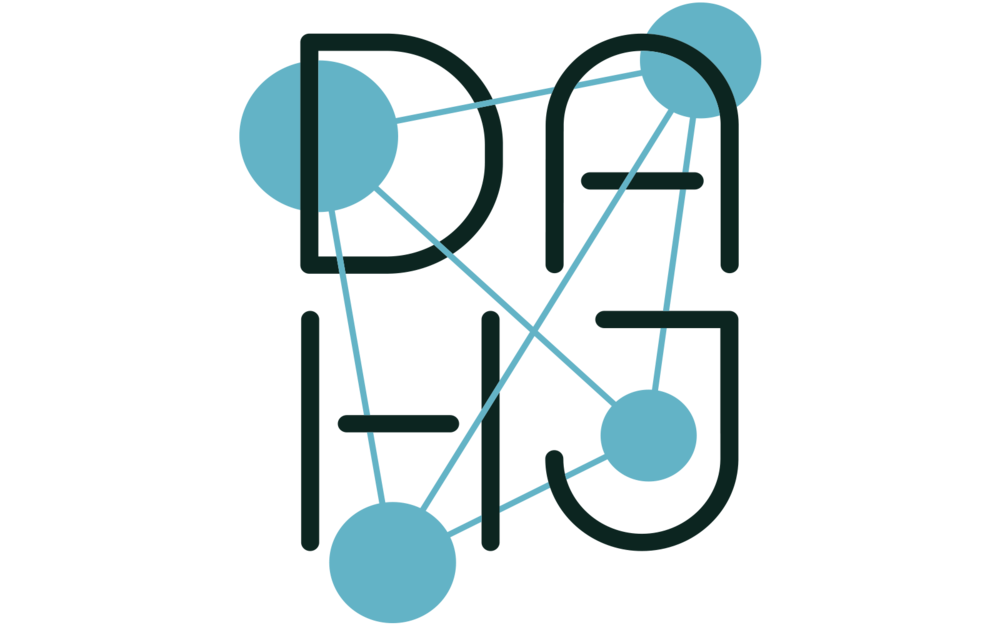Abstract
Curatorial activities provide (infra)structure and meaning to artworks through the selection and combination of different pieces and their public display. Therefore the way context is added shapes people’s perspective towards art. (Post-) digital art and online exhibitions come with specific constraints concerning curation and have a potential to overcome the hierarchies between curators, artists and visitors. In discussing selected digital exhibition formats from the 1990s until today, the article illustrates how the genre has evolved in response to technological changes and concepts of democratization as well as user involvement. Looking at the online exhibition “UN/NATURAL SURROGATES” (2019) the article opens up a perspective towards meta-curating that allows to conceive (online) exhibitions.
DOI: https://doi.org/10.11588/dah.2020.5.72123
Authors
Benjamin Egger
works since 2017 as a researcher in the project “Postdigital Art Practices in Cultural Education. Aesthetic encounters between appropriation, production and mediation,” funded by the German Federal Ministry's of Education and Research, at the University of Applied Sciences Potsdam. After completing his Bachelor's degree in Theatre Studies and Spanish Philology, he graduated with a Master's degree in European Media Studies at the University of Potsdam and University of Applied Sciences Potsdam in 2017 with a theoretical-artistic thesis on curating as a form of aesthetic thinking. He is a doctoral candidate at Leuphana University Lüneburg with an explorative-experimental thesis developing the concept of postdigital curating. He works as a curator, copywriter, and editor for galleries, radio stations as well as in advertising.
Judith Ackermann
is professor of Digital Media in Social Work at the University of Applied Sciences Potsdam and visiting professor at Politecnico di Milano’s School of Design. She was coordinator of the DFG-Research Training group “Locating Media” and is initiator of the urban games festival playin’ siegen. Since October 2017 she is one of the heads of the research project “Post-digital Art practices in Cultural Education” sponsored by the Federal Ministry for Education and Research in Germany. Before switching into academia she worked at a local newspaper for several years.

